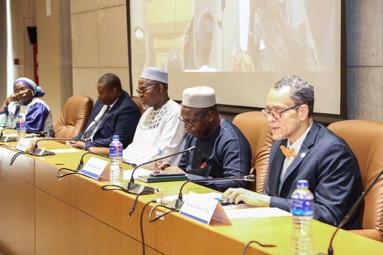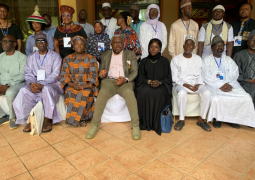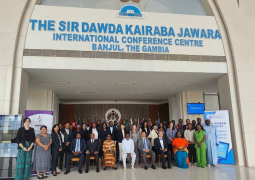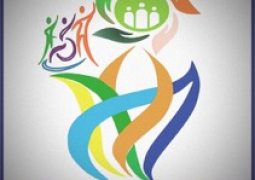
The two-day convergence was held at the Sir Dawda Kairaba Jawara International Conference Center in Bijilo from 26th to 27th November 2024.
Additionally, this stakeholder dialogue is a platform to create awareness about the issues surrounding the mental health in the country.
Emmanuel D. Joof, chairman of National Human Rights Commission (NHRC), explained that mental health is a subject that touches everyone due to the stigma and misconception many attach to those living with mental health in The Gambia.
According to him, 91,000 people live with the mental illness and these figures are alarming and challenging in the country.
Joof maintained that his office has acknowledged that mental is not a public health issue, but a stigma against the people living with the disease and as a result of that there is a need to review laws and policies in order to address such issues in the country.
"To address the challenges on mental health issues in the Gambia, there should be a collective effort from all the sectors to fight the stigma and misconception that surround the mental illness in the country."
Ndella Faye Colley, executive director of Action-Aid The Gambia called on the government of The Gambia through the Ministry of Health to work on the mental health policy for the well-being of the Gambians.
She challenged the government to allocate more budget to the Ministry of Health in its fight against mental illness in the country.
Karl Fredrick, the United Nations (UN) resident coordinator in The Gambia, maintained that mental health facilities should be made accessible and affordable for the well-being of those living with mental illness and the betterment of the country.
In his launch statement, Muhammed B.S. Jallow, vice president of the Reblic stressed the need for urgency in tackling mental health issues, citing alarming statistics that 60% of mental health-related admissions are due to drug-induced psychosis.
VP Jallow flagged that stigma and other harmful practices like exorcism hinder progress of reforms like the Mental Health Bill that aim to protect rights and improve health care services delivery in the country.
The Green Recovery NDP (2023–2027), he went on, prioritises drug abuse prevention and mental health rehabilitation, adding that mental health is vital to achieving SDGs and Agenda 2063.
Moreover,stakeholders present including representatives from the Ministry of Health, UN reps, diplomats, ActionAid, CSOs, and mental health experts, emphasised the need for collaboration.
Read Other Articles In National News

Nenneh Cheyassin Kebe redefines womanhood, wealth & freedom in Gambia
Aug 8, 2025, 11:32 AM

African religious leaders meet in Banjul for human rights seminar
Oct 16, 2024, 12:00 PM



